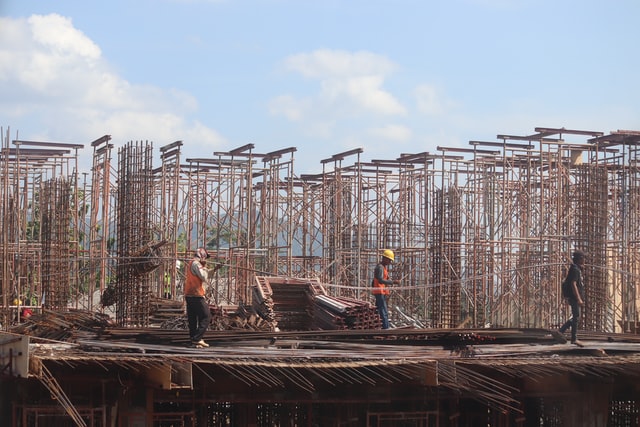Every Civil engineering students have a dream to become the best engineer out there. And they prepare for that dream by giving their best.
But only studying and doing your Civil Engineering Assignments cannot guarantee you a good career. There are many factors involved other than your degree.
There are some skills you need to cultivate to become an employable Civil Engineer. By incorporating these skills in yourself, you will have a good shot of nailing that job down.
The 7 Skills Every Civil Engineering Student Should Have
1. Technical Training
Well, it seems kinda obnoxious to say that engineers should have technical training because their entire education IS basically technical training. But this field is not only about finishing your course and doing your Civil Engineering homework Help. It is utilizing that knowledge in practice.
Civil Engineers need to have deep learning of fundamental concepts such as physics, chemistry, environmental science, and technology, etc. They should know how to build and construct things according to the environment.
Many companies and firms require civil engineers to get a Professional Engineer’s (PE) license.
2. Mathematical Skills
Mathematical calculations are the soul of any engineering, especially civil engineering. You cannot put a brick without knowing the correct dimensions and angles. Even with the help of computers everywhere, many numerical calculations are done by hand on a piece of paper.
So, utilize your college years to strengthen your mathematical skills such as Calculus, Numerals, logs, engineering drawing, trigonometry, etc. This will help in Civil engineering Assignment and also, in getting you good grades on your term paper.
3. Written and Oral Communication Skills
Communication skills are not limited to office jobs. Written communications are formal letters, official reports, memos, quotations, business emails, and correspondence.
This skill is essential to communicate with your vendors and planners but also with other outsiders such as city officials, government officers, stakeholders, etc.
Oral communications skills include listening, giving commands, negotiating over the phone or in person, etc. Learn and build the essential communication skills to improve your performance or business.
4. Leadership Skills
Civil engineers do not work alone. They are in charge of a team of people and have the responsibility of managing, planning, and leading the team. They have to lead various groups of people like designers, planners, workers, traders, technicians, contractors, and office staff.
To smoothly run a business or a construction site, you need to have strong leadership skills. You should know how to handle people according to their demands and necessities.
You can learn this in your college by taking an active part in extra-curricular activities, joining a club, or visiting an actual site to observe and learn.
5. Organizational Skills
Organizational skills are desirable traits in any person. Much rather very crucial in a civil engineer. These skills are nothing but managing time and your tasks efficiently. These skills provide a greater advantage in your personal as well as professional life.
Although it is an umbrella term containing many concepts such as productivity, efficiency, time-saving, delegation, etc., organizational skills are easy to learn, if you make small changes in your life daily.
You can read productivity books, watch video tutorials to get better.
6. Problem-Solving Skills
Engineers are most in demand for their problem-solving skills and technical knowledge. Scientists may work hard in their labs, but civil engineers work in really hard conditions, weathering worse and systems fails.
A civil engineer has to show his/her worth when a problem arises, or something stops working, and they have a very limited window to solve it and continue the work. In construction sites, there are many things that can go wrong, which could cost time and money.
In this case, the civil engineer has to step up and shoulder the responsibility to get things moving.
7. Decision-Making Skills
Same as above, there is a very short time when things go wrong. So, the civil engineer has to step up and make the decisions. And to form good decisions is not easy,
A civil engineer has to consider available information, ethics and laws, intended goals, financial risks, and safety concerns while making decisions. They also think about the weather conditions and environmental regulations on top of it.
This skill cannot come easily and it stems from confidence, experience, and keeping yourself updated.
So these are some skills that you can cultivate as a civil engineering student to have good job opportunities and career prospects. Though you cannot cultivate all these in one day, giving steady and conscious efforts can win you the game.





